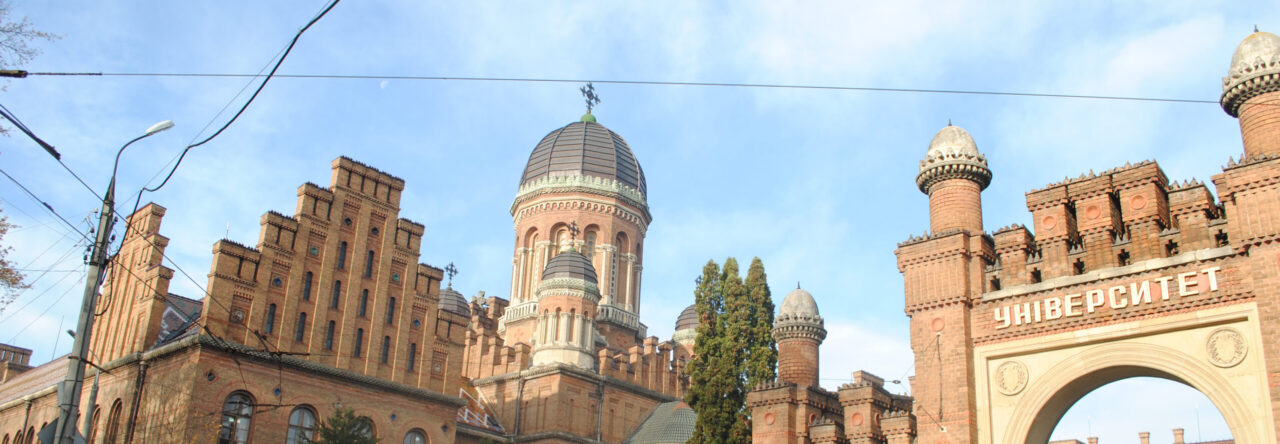Joybrato Mukherjee, president of the German Academic Exchange Service (DAAD), has visited Poland to discuss how Germany’s eastern neighbour is supporting refugees from Ukraine in preparation for the considerable number – at least 100,000 – of Ukrainian students and academics that are expected to come to German universities in the near future.
According to Mukherjee, Germany can learn from the experience Poland has gathered. The country already had a large Ukrainian student community before the present war, with more than half of its international students coming from Ukraine. And Ukrainians have long accounted for a considerable share of Poland’s population from abroad.
As early as 15 March, a total of €5 million (US$5.5 million) was approved for scholarships and other support measures for Ukrainian students and academics. This money is now being allocated to institutions on the basis of competitive bids and is being provided for the period up to 30 September. Mukherjee says that institutions are already heavily involved in counselling and other support programmes for refugees.
‘Continuity’ is key principle
“The key principle applied is continuity,” explains Mukherjee, who spoke with representatives of Poland’s academic exchange organisation NAWA, the Polish Academy of Sciences, the Polish higher education rectors’ conference and two of the funding organisations, the National Science Centre and the Foundation for Polish Science.
“It is important that students and academics can carry on with their studies and scientific research in a manner that they can return home at any time. This option, or prospect, to return is vital – even if we don’t know at this point how long the war is going to last.”
Mukherjee says that German higher education can learn from the experience gathered by Polish universities in maintaining academic relationships with Ukrainian institutions. But he also notes that German plans for digital programmes to cope with the crisis met with considerable interest among DAAD’s Polish partners.
100,000+ students, academics expected
DAAD reckons that at least 100,000 Ukrainian students and academics will be coming to Germany in the near future, including many who are staying in Poland at the moment. Estimates which the organisation has made are based on the European Commission’s current assessment of what will be around seven million refugees in all, coupled with comparisons with the student and academic share of refugees in other crises such as the Syrian war.
DAAD has been preparing a website providing Ukrainian students and academics with information on legal issues, admission to higher education and links to all higher education institutions.
“One thing we have to bear in mind is that, unlike with the 2016 refugee crisis, Ukrainians have freedom of movement throughout the European Union, including in Germany,” Mukherjee stresses. “So it is important for all universities throughout the country to be well prepared, which is why we are holding weekly meetings with them.”
Funding is another vital aspect. DAAD has demanded that the government provide around €80 million for higher education to cope with the impacts of the crisis. At the moment, universities are doing what they can with their own means. “The government has certainly demonstrated goodwill,” Mukherjee states. “But we have to be clear about the fact that there is no Plan B. Funding must be available by May.”
EU visa rules waived
EU member states agreed on 3 March to waive visa rules for Ukrainians fleeing the Russian invasion of their country, giving them the right to stay in the EU for one year without a visa, with the possibility of that period being extended if needed.
Under the activation of the EU’s Temporary Protection Directive, Ukrainians can stay within the EU or Schengen zone for 12 months without having either to apply for a visa or make a claim for asylum and during that time will have access to education and jobs.
Non-Ukrainians living in Ukraine and fleeing the invasion will also be covered by the directive but only if they are unable to return to their home country or region of origin.
President of the European Commission, Ursula von der Leyen, said at the time: “Europe stands by those in need of protection. All those fleeing Putin’s bombs are welcome in Europe. We will provide protection to those seeking shelter and we will help those looking for a safe way home.”
Source: University World News
